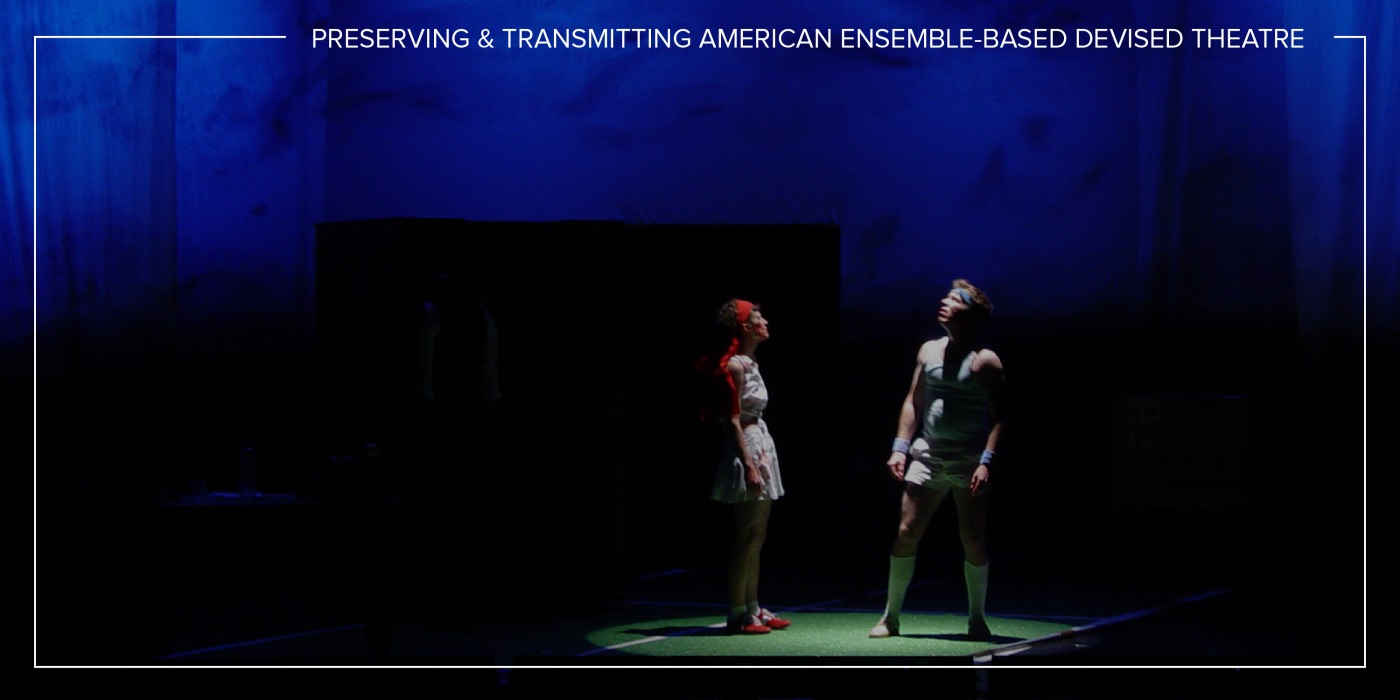
Apply
Deadlines
March 3, 2023: Applications were due
April 3, 2023: Applicants were notified of their status
April 14, 2023: Selected applicants accepted
If you have any questions, please contact us at NEHinstitute@pigiron.org.
Selection Process
Stipend, Tenure, Conditions of the Award
Each participant will receive a $2,200 stipend. This stipend is intended to help cover travel, housing, meals, and basic academic expenses. Stipends are determined according to the format and duration of the summer program, and are taxable as income. Half will be paid on May 15 before the beginning of the Institute and half on June 11 at the end of the first week of the Institute.
Project applicants who accept an offer to participate are expected to remain during the entire period of the program and to participate in its work on a full-time basis. If a participant is obliged through special circumstances to depart before the end of the program, it shall be the recipient institution’s responsibility to see that only a pro rata share of the stipend is received or that the appropriate pro rata share of the stipend is returned if the participant has already received the full stipend.
Once an applicant has accepted an offer to attend any NEH Summer Program (Seminar, Institute, or Landmark), they may not accept an additional offer or withdraw in order to accept a different offer. Participants are required to submit a project evaluation within a month of completion.
Eligibility Requirements
NEH Summer Institutes allow higher education faculty an opportunity to enrich and revitalize their teaching through the study of humanities topics that bear upon undergraduate education. Institutes are designed primarily for a national audience of full- or part-time faculty who teach undergraduate students.
Doctoral candidates, untenured faculty, and non-tenure track faculty are encouraged to apply—at least five spaces will be reserved for non-tenured faculty members.
Please review the full eligibility criteria for participation in NEH Summer Seminars and Institutes for Higher Education Faculty here.
Endowment programs do not discriminate on the basis of race, color, national origin, religion, sexual orientation, disability, or age. For further information, write to the Equal Opportunity Officer, National Endowment for the Humanities (400 7th Street, SW, Washington, DC 20024) or call 202-606-8400, 800-634-1121, or 202-606-8282 (this is a special telephone device for the Deaf).
NEH Principles of Civility
NEH Seminars, Institutes, and Landmarks programs are intended to extend and deepen knowledge and understanding of the humanities by focusing on significant topics, texts, and issues; contribute to the intellectual vitality and professional development of participants; and foster a community of inquiry that provides models of excellence in scholarship and teaching.
NEH expects that project directors will take responsibility for encouraging an ethos of openness and respect, upholding the basic norms of civil discourse.
Seminar, Institute, and Landmarks presentations and discussions should be:
- firmly grounded in rigorous scholarship, and thoughtful analysis;
- conducted without partisan advocacy;
- respectful of divergent views;
- free of ad hominem commentary; and
- devoid of ethnic, religious, gender, disability, or racial bias.
NEH welcomes comments, concerns, or suggestions on these principles at questions@neh.gov.
 Preserving and Transmitting American Ensemble-Based Devised Theatre has been made possible in part by the National Endowment for the Humanities: Democracy demands wisdom.
Preserving and Transmitting American Ensemble-Based Devised Theatre has been made possible in part by the National Endowment for the Humanities: Democracy demands wisdom.
Any views, findings, conclusions, or recommendations expressed in this program do not necessarily represent those of the National Endowment for the Humanities.

